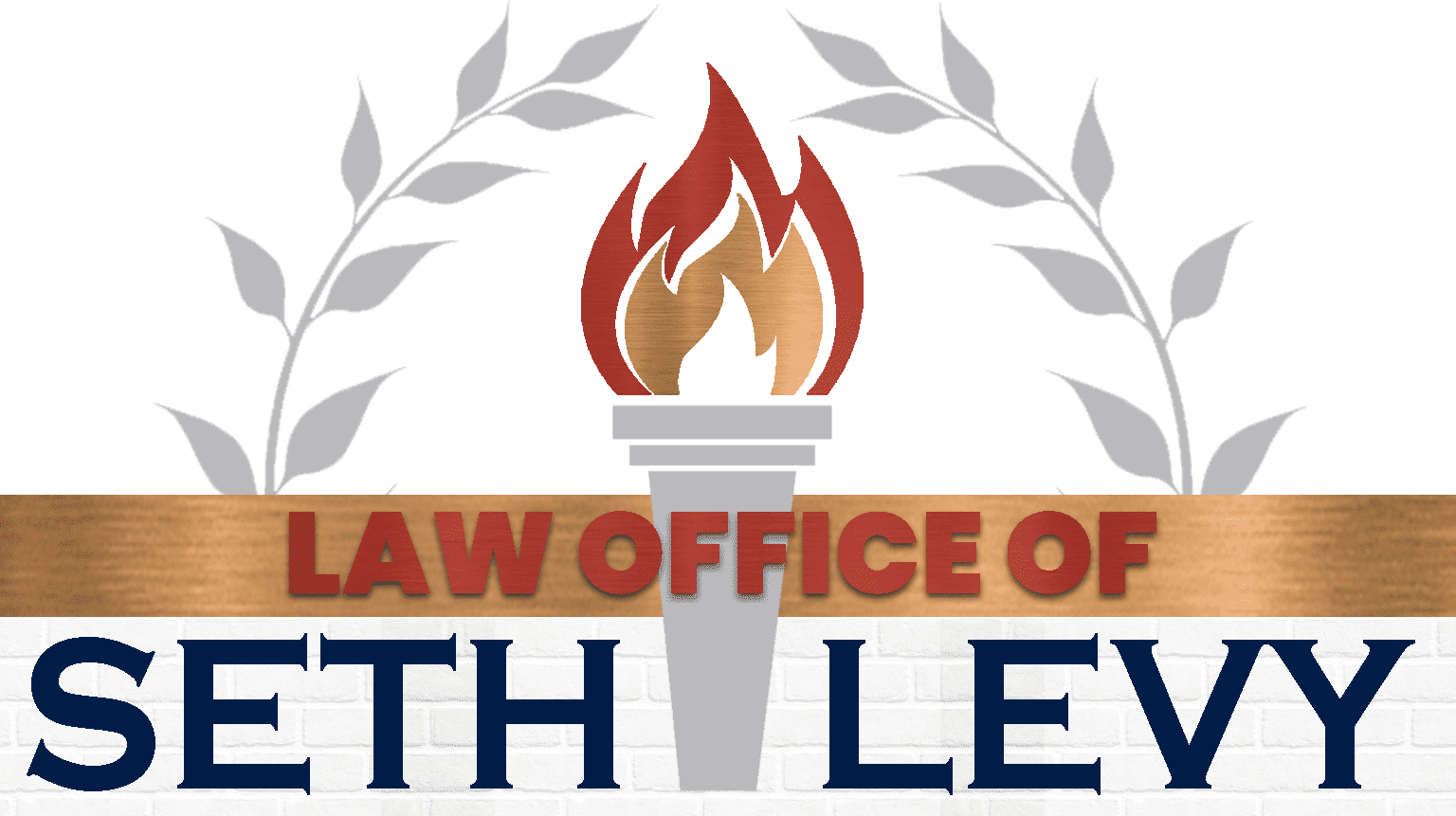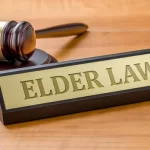There are two types of common discussions held regarding Guardianship. We can help with both of them.
The first one involves a young couple who have minor children and desire to name a person of their choice to act as Guardian if they are both incapacitated or dead. The young couple does this in their Will or Revocable Living Trust. When a child is due to receive money from an inheritance not fully thought through or an insurance settlement from an unexpected accident, the Probate Court must be petitioned to assign a Conservator. A Settlement Protection Trust for the minor should also be considered.

The second set of circumstances involves an individual who has not designated an agent under his or her Power of Attorney and loses the ability to act on his or her own. This guardianship over the person who has a cognitive disability is a legal arrangement over which one person, the Guardian, acts on behalf of the disabled person, called the Ward.
Guardians make health care decisions while conservators make financial decisions. The same person often serves as both the Guardian and Conservator.
Guardians must make yearly reports to the Probate Court regarding the condition and circumstances of the Ward. A conservator manages and protects assets, pay bills, and like the Guardian, reports to the Probate Court. Certain expenditures cannot be made without Court approval.
Guardianship may involve a significant loss of freedom and dignity, but with proper guidance and forethought, some less restrictive alternatives are available. These vary with each individual situation of course, but may include a Power of Attorney, Representative or Protective Payee, a Conservatorship, a Revocable Trust, or others.
A knowledgeable and experienced attorney will help you navigate these choices and the best possible solution for your circumstances. The professionals at the Law Office of Seth Levy are here to help. Seth Levy is here to help! Open a chat with us or call all us at 843.400.4510 today.

